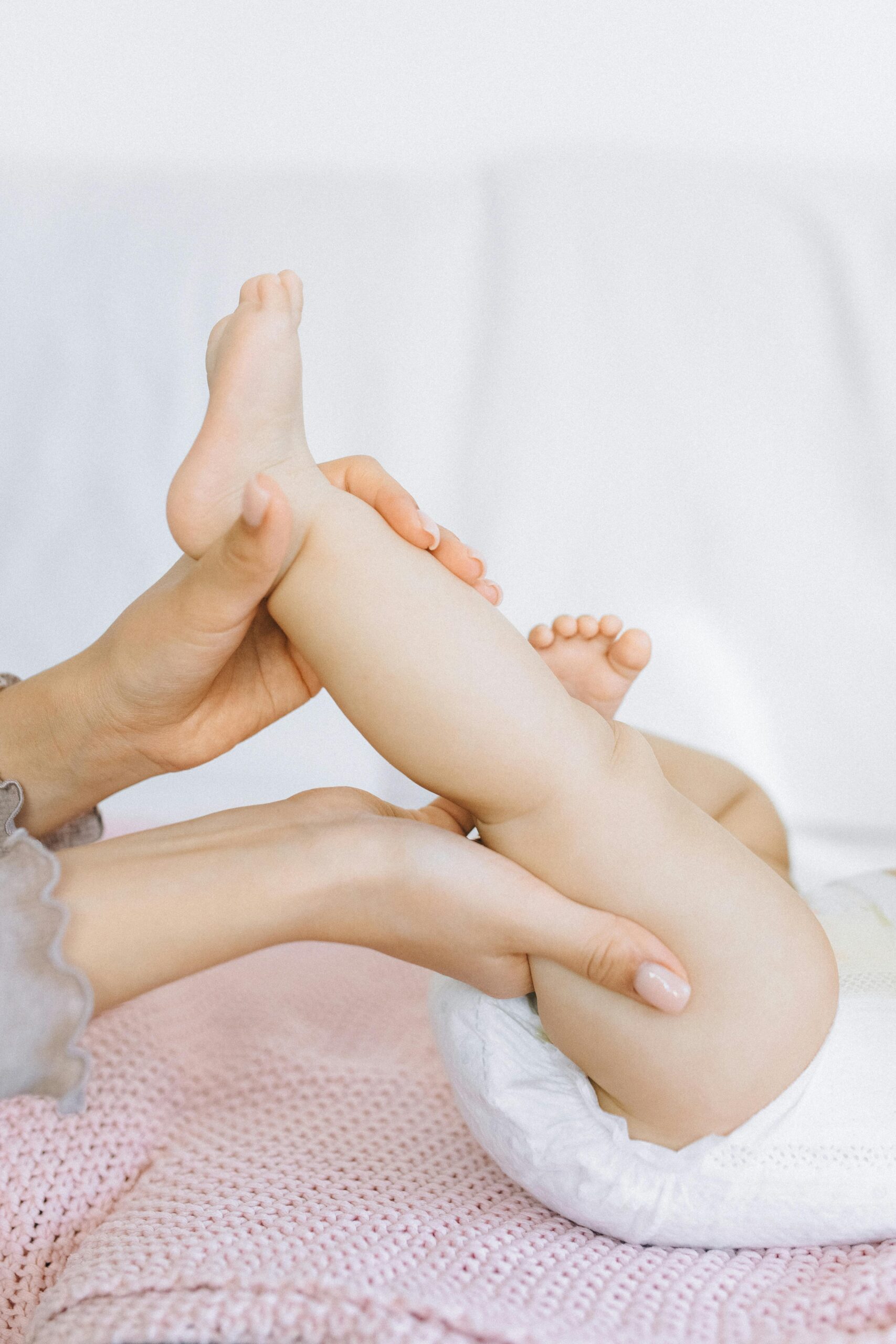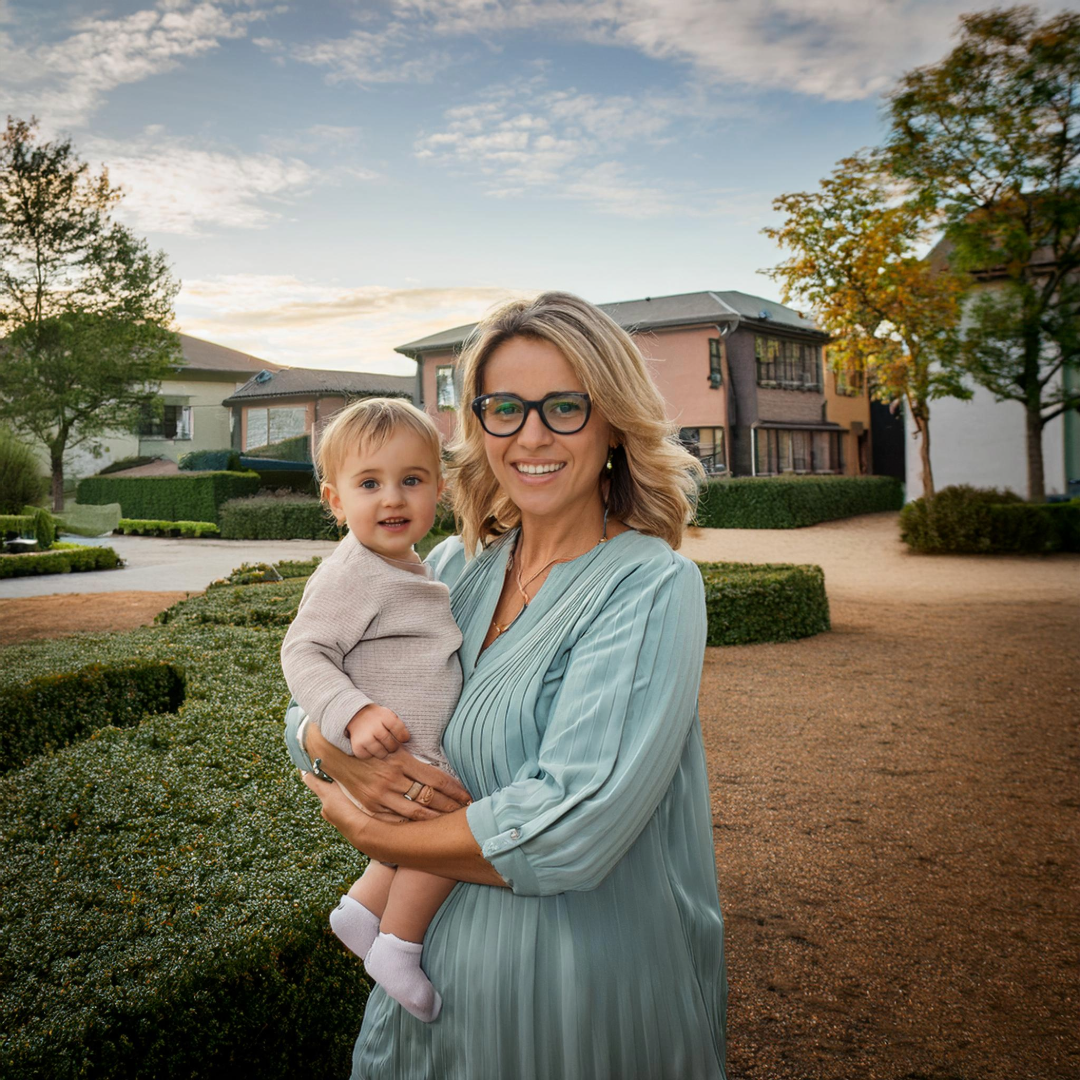As the seasons change, newborns need special skin care to stay comfortable. From summer’s heat to winter’s cold, knowing how to adjust your baby’s routine is key. This guide will show you how to keep your baby’s skin healthy and bright all year.

Key Takeaways
- Newborn skin changes a lot with the seasons, needing special care.
- Knowing about skin, common problems, and how it protects is important for good skin care.
- Choosing the right products and tools helps tackle weather challenges.
- Seasonal skin care should protect, nourish, and adjust to temperature and environment changes.
- It’s wise to talk to a pediatrician about any skin issues that don’t go away.
Understanding Your Baby’s Delicate Skin Structure
As parents, knowing about newborn skin is key. It’s delicate and changes a lot in the first year. Knowing these changes helps you care for your baby’s skin well.
Composition of Newborn Skin
Newborn skin is thinner and more sensitive than adult skin. It doesn’t have the outer layer that protects us. This makes newborn skin conditions more common and needs extra care.
Common Skin Changes in the First Year
- Vernix caseosa: A waxy, white substance that covers the skin at birth, helping to protect it during the intrauterine environment.
- Peeling and flaking: Newborns often experience some degree of peeling and flaking, as their skin adjusts to the outside world.
- Infant acne: Small, red bumps that may appear on the face, chest, or back, typically within the first few months of life.
- Cradle cap: A yellowish, greasy scaling or crusting on the scalp, which is a common and harmless condition in newborns.
Natural Protection Mechanisms
Newborn skin has natural ways to protect itself, such as:
- Increased hydration: Newborn skin has more water, keeping it moist and healthy.
- Improved barrier function: As the skin matures, it gets better at protecting against the environment.
- Enhanced immune response: Newborn skin’s immune system starts to fight off infections and irritants.
Understanding newborn skin’s unique makeup and protection is the first step in caring for your baby’s skin.
Essential Newborn Skin Care Products and Tools
When caring for your newborn’s skin, the right products and tools are key. You’ll need to pick the best moisturizer for newborns and gentle baby soap options. These choices greatly affect your baby’s skin health and comfort.
A top product to have is a baby-safe moisturizer. Look for ones without fragrances, dyes, or harsh chemicals. These can irritate your baby’s sensitive skin. Choose moisturizers with shea butter, glycerin, or ceramides to keep their skin soft and hydrated.
For gentle baby soap options, pick cleansers that are pH-balanced and made for newborns. Avoid adult soaps, as they can dry out your baby’s skin. Instead, go for creamy, low-foaming soaps that clean gently without harming the skin’s barrier.
- Soft, gentle washcloths for bathing
- Fragrance-free, hypoallergenic baby lotions and choosing baby lotions carefully
- Diaper rash creams and ointments to soothe and protect irritated areas
- Soft, absorbent towels for post-bath cuddles
Every baby’s skin is different, so finding the best moisturizer for newborns and other products might take time. Be patient and trust your instincts when choosing baby lotions and other skin care items.
“Caring for a newborn’s skin is a labor of love. Take the time to understand their unique needs and choose products that will nourish and protect their delicate complexion.”
Summer Care: Protecting Baby’s Skin from Heat and Sun
As summer heats up, keeping your baby’s skin safe is key. It’s important to take good care of their skin during this time. This ensures they stay comfortable and healthy.
Safe Sunscreen Application Guidelines
The American Academy of Dermatology suggests using a broad-spectrum sunscreen for babies. It should have an SPF of 30 or higher. Make sure to apply it to all exposed areas, including ears, hands, and feet.
Remember to reapply sunscreen every two hours. This is even more important if your baby is swimming or sweating.
Managing Heat Rash and Sweating
Treating heat rash in infants is vital in summer. To help, keep your baby’s skin cool and dry. Dress them in lightweight, breathable fabrics.
If the heat rash doesn’t get better or gets worse, talk to your pediatrician.
Choosing Breathable Summer Clothing
Choose fabrics best for baby skin for summer clothes. Opt for cotton, linen, or bamboo. These breathable fabrics help keep your baby cool and prevent skin irritation.
| Fabric | Breathability | Skin Sensitivity |
|---|---|---|
| Cotton | Excellent | Low |
| Linen | Excellent | Low |
| Bamboo | Excellent | Low |
| Polyester | Moderate | Moderate |
| Nylon | Moderate | Moderate |
Winter Solutions: Preventing Dryness and Irritation
When it gets colder and the air dries out, babies’ skin faces big challenges. It’s important to take care of your baby’s skin in the winter. This helps protect it from the cold.
Newborns often get dry skin in the winter. The cold air, wind, and heaters can dry out their skin. This can cause irritation, flakiness, and even cracks. To fight this, use a moisturizing routine with gentle, fragrance-free products made for babies.
- Choose thick, creamy moisturizers to deeply hydrate and keep moisture in.
- Moisturize right after bathing, when the skin is damp, to keep it hydrated.
- Using a humidifier in your baby’s room can add moisture to the air.
It’s also key to keep your baby’s skin safe from winter’s harsh elements. Dress them in soft, breathable fabrics to protect their skin from wind and cold. Make sure the clothes don’t irritate or rub against their sensitive skin.
“Keeping your baby’s skin hydrated and protected is key to preventing dryness and irritation during the winter months.”
By following these winter skin care tips, you can keep your newborn’s skin healthy and comfortable all winter long.

Spring and Fall: Transitional Skin Care Approaches
When winter turns to spring and summer to fall, newborn skin faces new challenges. It’s important to adjust to temperature changes and environmental factors. This helps keep their skin healthy and happy during these times.
Adapting to Temperature Changes
Temperature changes can upset a newborn’s skin balance. This can cause dryness, irritation, and even contact dermatitis. Parents need to watch their baby’s skin closely and change their newborn skin care routine as needed.
- Switch to lighter, breathable fabrics as it gets warmer, and add more layers when it gets colder.
- Change how often you bathe your baby and the water temperature to keep their skin from getting too dry.
- Use gentle, fragrance-free moisturizers to keep the skin hydrated and protect the baby’s sensitive skin.
Managing Seasonal Allergies
Spring and fall bring more pollen, dust, and allergens. These can make a newborn’s skin irritated and cause contact dermatitis. It’s important to take steps to prevent and treat these skin issues.
- Try to keep your baby indoors on high-pollen days and close windows to block allergens.
- Use a high-efficiency particulate air (HEPA) filter in the nursery to clean the air.
- Talk to a pediatrician about using antihistamines or corticosteroids to help with allergy symptoms.
Understanding the challenges of spring and fall and taking proactive newborn skin care steps can help. This way, parents can keep their baby’s skin healthy and comfortable all year.
Newborn Skin Care: Best Practices Throughout the Year
Caring for a newborn’s skin is a year-round task. It needs a special approach. By knowing how to bath a newborn safely, keep their skin hydrated, and care for the umbilical cord, parents can keep their baby’s skin healthy all year.
Having a regular bathing routine is key for newborn skin care. Use lukewarm water and gentle, fragrance-free cleansers to avoid irritation. Pat the skin dry gently, paying extra attention to the umbilical cord to help it heal right.
Keeping the skin hydrated is important for healthy newborn skin. Use gentle, fragrance-free moisturizers daily, focusing on dry spots like elbows, knees, and cheeks. Don’t over-bathe, as it can dry out the skin and cause irritation.
The umbilical cord needs careful handling to prevent infection and help it heal. Clean it with a damp, warm cloth, but don’t soak it in water. Keep it dry and open to air. If you see redness or swelling, talk to a pediatrician.
Following these best practices all year helps keep a newborn’s skin nourished and protected. Gentle, consistent care is the key to healthy, glowing skin for life.
Identifying and Treating Common Seasonal Skin Conditions
As the seasons change, newborns may face different skin issues. It’s key for parents to know how to spot these rashes and when to get medical help. This keeps your baby’s skin healthy all year.
Recognition of Different Rashes
Seasonal skin problems can look different. Summer brings heat rash, while winter causes dry, flaky skin. Knowing how to spot these rashes is vital. It helps treat them quickly and stops more discomfort.
- Heat rash: Small, red bumps that appear during hot, humid weather, often in skin folds or areas of friction.
- Newborn skin irritation causes like drool or milk rash: Patchy, red skin around the mouth, chin, and cheeks.
- Baby acne: Small, red pimples that develop on the face, shoulders, or back, typically appearing in the first few months of life.
When to Consult a Pediatrician
Some skin issues need a doctor’s help. If your baby’s acne or rash doesn’t get better with home care, see a pediatrician. They can offer the right treatment for your baby’s comfort.
| Skin Condition | When to See a Pediatrician |
|---|---|
| Heat rash | If the rash does not improve within a few days or if it appears to be infected (increased redness, swelling, or pus). |
| Drool or milk rash | If the rash is severe, does not improve with gentle cleaning and moisturizing, or if your baby seems uncomfortable. |
| Baby acne | If the acne is persistent, worsening, or accompanied by other skin changes or signs of discomfort. |
By acting fast on seasonal skin issues, parents can keep their newborns comfy. This ensures their skin stays healthy all year.
Natural and Organic Options for Baby Skin Care
As parents, we all want the best for our newborns’ skin. Natural and organic products are a gentle choice compared to traditional ones. But, it’s key to know the truth about natural baby skin care.
Natural baby skin care products don’t have harsh chemicals. This makes them safer for your baby’s sensitive skin. Essential oils for baby skin care can be soothing and nourishing without harm.
But, beware of baby skin care myths. Not all natural ingredients are safe for newborns. Always check with your pediatrician to make sure the products are right for your baby.
- Look for certifications like USDA Organic or Natural Product Association to ensure the authenticity of natural skin care products.
- Perform a patch test before using any new product to check for possible allergic reactions.
- Avoid essential oils unless your child’s healthcare provider recommends them, as they can be strong and risky if not used right.
By choosing wisely and focusing on your baby’s safety, you can use natural and organic skin care with confidence. This way, you give your little one the gentle, nourishing care they need.

Creating a Seasonal Bathing and Moisturizing Routine
Keeping your newborn’s skin soft all year needs careful planning. Adjusting their bath and moisturizing routine with the seasons helps. This way, your baby’s skin stays soft and safe.
Bath Temperature Guidelines
The perfect bath temperature changes with the seasons. In summer, a cooler bath, about 98°F (36.7°C), cools and refreshes your baby. In winter, a warmer bath, around 100°F (37.8°C), keeps them cozy and prevents dry skin.
Post-Bath Care Tips
- Gently pat your baby’s skin dry with a soft, absorbent towel, avoiding harsh rubbing.
- Apply a fragrance-free, hypoallergenic moisturizer to lock in hydration and maintain the skin’s natural barrier.
- In the summer, focus on lightweight, oil-free moisturizers to prevent excess greasiness.
- During the winter, choose richer, creamy formulas to combat dryness and irritation.
- Establish a consistent routine, bathing your baby 2-3 times per week and moisturizing immediately after each bath.
Adjusting your baby’s bath and moisturizing routine with the seasons is key. This ensures their skin stays healthy and soft all year. Following these tips helps you keep your baby’s skin in top condition.
Conclusion
Caring for a newborn’s delicate skin is a big responsibility. It’s important to watch over it all year. By knowing how a baby’s skin works and how it changes with the seasons, parents can make a good newborn skin care essentials plan. This helps keep their baby comfortable and healthy.
It’s key to protect your baby’s skin from the sun in summer and dry air in winter. Changing your baby skin care for first-time parents routine with the seasons is important. Using pediatrician-recommended baby products helps make a skin care plan that keeps your baby’s skin soft and strong all year.
Being informed and active in caring for your baby’s skin is essential. A seasonal skin care approach helps your baby stay healthy, no matter the weather. This way, you can give your little one the best care, every season.
FAQ
How long does it take for newborn skin to change?
Newborn skin changes a lot in the first year. At birth, it’s thin and delicate. But, it gets thicker and more resilient over time.
The skin’s natural protection and moisture levels also improve. This happens as the baby grows.
How can I take care of my baby’s skin in the winter?
To keep your baby’s skin safe in winter, prevent dryness and irritation. Use a gentle, fragrance-free moisturizer after baths. Also, consider using a humidifier to moisten the air.
Dress your baby in soft, breathable fabrics. Avoid over-bundling to prevent sweating and skin irritation.
What are the common skin changes in neonates?
Newborn skin often peels, gets dry, has rashes, and acne. These changes are normal as the skin adjusts to being outside the womb. But, if you see any concerning skin issues, talk to your pediatrician.
Do babies get dry skin in the winter?
Yes, babies often get dry skin in winter. The cold, dry air and frequent bathing can dry out their skin. To prevent this, moisturize and hydrate your baby’s skin regularly.
How can I take care of my infant’s skin in the winter?
To care for your infant’s skin in winter, follow these steps: – Use a gentle, fragrance-free moisturizer after baths and throughout the day – Limit bath time and use lukewarm water – Apply a thick, creamy moisturizer before bedtime – Run a humidifier to add moisture to the air – Dress your baby in soft, breathable fabrics – Avoid over-bundling, which can lead to sweating and skin irritation
What are some newborn skin care tips?
Here are key newborn skin care tips: – Gently cleanse your baby’s skin with a mild, fragrance-free soap or cleanser – Moisturize regularly with a gentle, fragrance-free moisturizer – Protect your baby’s skin from sun exposure with a broad-spectrum sunscreen – Keep your baby’s nails trimmed to avoid scratching – Dress your baby in soft, breathable fabrics – Consult your pediatrician if you notice any persistent skin issues or concerns
What is the best moisturizer for newborns?
For newborns, choose moisturizers that are fragrance-free, hypoallergenic, and made for sensitive skin. Good options include Aquaphor Baby Healing Ointment, CeraVe Baby Moisturizing Cream, and Aveeno Baby Daily Moisturizing Lotion.
How can I prevent cradle cap in my newborn?
To prevent and treat cradle cap, try these steps: – Gently brush your baby’s scalp with a soft-bristle brush to loosen the scales – Massage a small amount of mineral or vegetable oil onto the scalp, let it sit for a few minutes, then gently brush and rinse – Use a gentle, fragrance-free baby shampoo and avoid over-shampooing – Consult your pediatrician if the cradle cap persists or worsens





